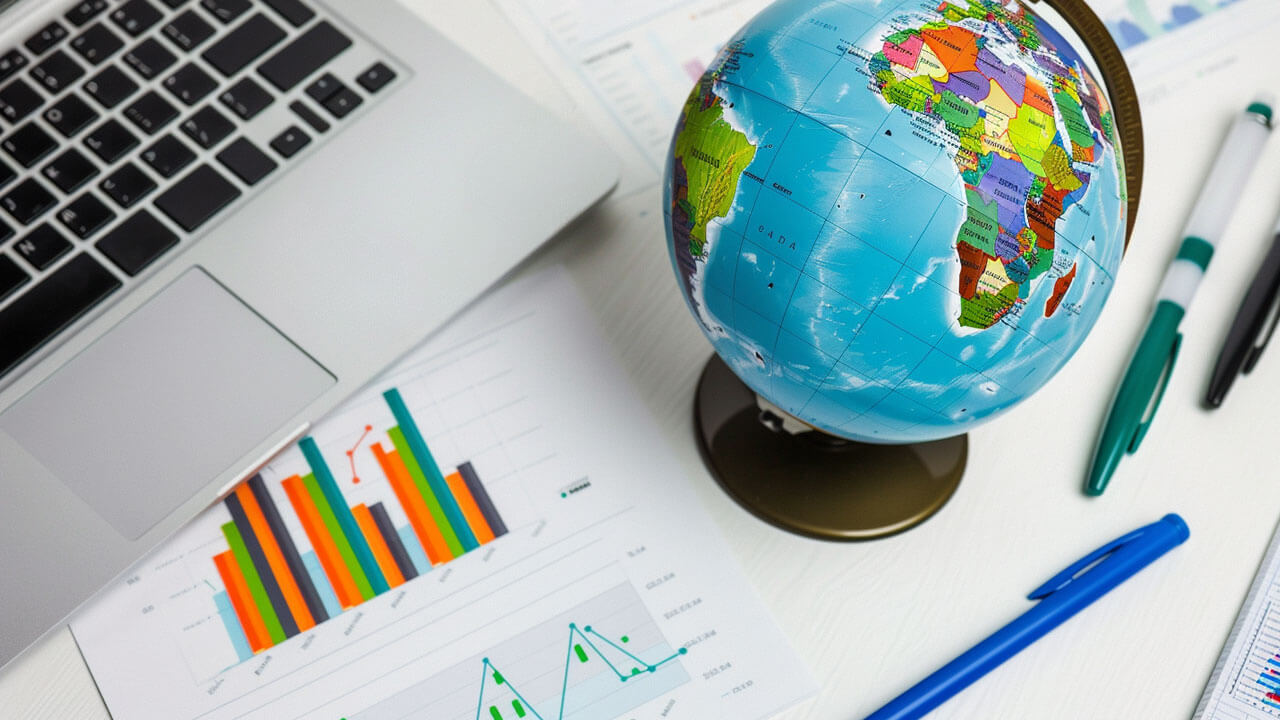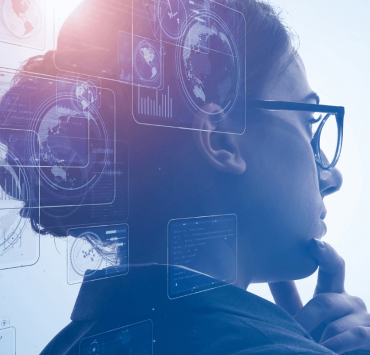The Evolving World of Business: Strategies for Growth in a Rapidly Changing Economy

Business has always been about adapting to change, but never has the pace of transformation been as fast as it is today. Technology, globalization, sustainability, and shifting consumer behavior are redefining the way companies operate. Success in today’s competitive environment requires not only innovation but also resilience and strategic foresight.
In this article, we’ll explore the key trends shaping modern business, the challenges companies face, and strategies leaders can adopt to drive sustainable growth.
The Digital Transformation Imperative
Digitalization is no longer optional—it’s a core requirement for survival. Businesses that fail to integrate technology into their operations risk losing relevance in a market where efficiency, speed, and customer experience are paramount.
How Digitalization Is Changing Business
-
Automation and AI: From chatbots handling customer service to AI-driven data analytics, automation reduces costs and enhances decision-making.
-
E-commerce dominance: The retail industry has shifted dramatically toward online platforms, forcing traditional brick-and-mortar businesses to build strong digital presences.
-
Cloud-based solutions: Remote work and global collaboration rely heavily on cloud technologies, enabling flexibility and scalability.
Digital transformation also opens new revenue streams, such as subscription services, virtual products, and data monetization, giving companies more opportunities to diversify income.
The Role of Sustainability in Business Strategy
Sustainability is no longer a secondary concern; it has become a central pillar of business strategy. Investors, customers, and regulators are demanding accountability, forcing companies to consider environmental, social, and governance (ESG) practices.
Why It Matters
-
Consumer loyalty: Eco-conscious customers increasingly choose brands with sustainable practices.
-
Regulatory compliance: Governments around the world are implementing stricter environmental laws.
-
Investor appeal: ESG-compliant companies often attract higher valuations and lower financial risk.
Businesses are now integrating sustainability into supply chains, investing in renewable energy, and adopting circular economy practices like recycling and waste reduction. Beyond ethics, sustainability has become a competitive advantage.

Globalization and Market Expansion
While globalization has been a driving force in business for decades, recent challenges such as trade wars, pandemics, and geopolitical tensions have reshaped how companies expand internationally.
Key Considerations in Global Business
-
Cultural sensitivity: Successful market entry requires understanding local consumer behavior and adapting products accordingly.
-
Supply chain resilience: Companies are diversifying suppliers and nearshoring production to reduce risks of disruption.
-
Regulatory compliance: Businesses must navigate complex international laws and trade agreements.
Despite challenges, global markets still present vast opportunities. Emerging economies in Asia, Africa, and Latin America offer growing middle-class populations eager for new products and services.
Leadership in the Modern Business World
Leadership today looks very different from traditional top-down management. Modern leaders must be agile, empathetic, and inclusive to inspire teams and adapt to uncertainty.
Traits of Effective Business Leaders
-
Adaptability: The ability to pivot strategies when markets shift.
-
Visionary thinking: Creating long-term goals while staying flexible in execution.
-
Empathy: Understanding employee and customer needs fosters trust and loyalty.
-
Innovation-driven mindset: Encouraging experimentation and embracing failure as part of growth.
In a world of constant change, leaders who build strong cultures and prioritize employee well-being often outperform those focused solely on profit.
Consumer Behavior and Personalization
Modern consumers are empowered like never before. With endless options at their fingertips, they expect businesses to provide personalized experiences.
What Consumers Expect
-
Customization: Tailored recommendations, personalized marketing, and adaptable products.
-
Transparency: Honest communication about sourcing, pricing, and corporate values.
-
Speed and convenience: Instant service, fast delivery, and seamless digital experiences.
Companies that leverage big data and AI to anticipate customer needs gain a competitive edge. Personalization is not just about marketing—it’s about building lasting relationships.
The Future of Work and Business Models
The way we work has changed dramatically in the last few years, reshaping business models worldwide. Remote and hybrid work are now standard for many industries, forcing businesses to rethink structures and workflows.
New Business Models Emerging
-
Subscription economy: From streaming services to software platforms, recurring revenue models provide stability and predictability.
-
Platform businesses: Companies like Uber and Airbnb thrive by connecting users and providers rather than owning physical assets.
-
Gig economy: Flexible work arrangements create opportunities for freelancers and on-demand talent.
These models highlight the importance of adaptability. Businesses that embrace flexibility can innovate faster and capture new markets.
Challenges Businesses Face
Despite opportunities, modern businesses face significant challenges:
-
Economic uncertainty: Inflation, interest rate changes, and recessions can disrupt growth.
-
Cybersecurity threats: As digitalization grows, so does the risk of data breaches and cyberattacks.
-
Talent retention: Attracting and keeping skilled employees is becoming harder in competitive markets.
-
Innovation pressure: Companies must continuously innovate to stay relevant.
The key lies in balancing short-term resilience with long-term vision. Businesses that build robust risk management systems can withstand disruption more effectively.
The Role of Small and Medium Enterprises (SMEs)
While multinational corporations often dominate headlines, small and medium enterprises (SMEs) are the backbone of the global economy. They account for the majority of businesses worldwide and provide millions of jobs.
SMEs face unique challenges, such as limited access to financing and technology, but they are often more agile and innovative than larger companies. With the rise of digital platforms and e-commerce, SMEs now have unprecedented opportunities to compete globally.
Governments and financial institutions are increasingly supporting SMEs through funding, training, and digital tools—recognizing their crucial role in economic resilience.
Looking Ahead: The Business Landscape of Tomorrow
The future of business will be defined by a mix of technology, sustainability, and adaptability. Some predictions include:
-
AI-driven decision-making: Businesses will increasingly rely on data and machine learning to guide strategy.
-
Decentralized organizations: Blockchain technology may transform supply chains, finance, and governance.
-
Greater focus on inclusivity: Diversity and equity will be essential for global competitiveness.
-
Purpose-driven companies: Businesses that align profit with purpose will attract both customers and employees.
The next decade will reward businesses that are not only innovative but also responsible, resilient, and customer-centric.

Conclusion
The world of business is in constant motion, shaped by digital transformation, globalization, sustainability, and evolving consumer expectations. Success is no longer just about offering a great product—it’s about delivering value, building trust, and staying adaptable in the face of change.
For leaders and entrepreneurs, the challenge is clear: embrace innovation, prioritize sustainability, and create business models that are resilient, customer-focused, and future-ready. In doing so, businesses can thrive not just today, but in the decades to come.



